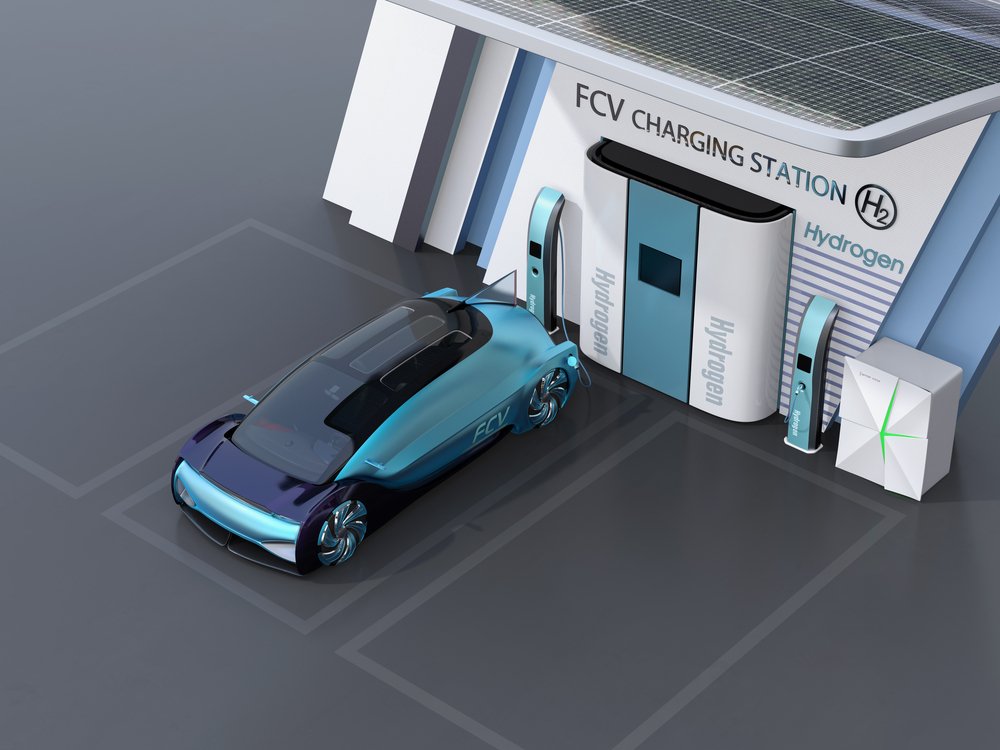
Stellantis has officially ended its hydrogen fuel cell program, cancelling plans to launch its Pro One hydrogen-powered vehicles this year.
The move has raised fresh questions about the viability of fuel cell electric vehicles (FCEVs), according to a new analysis by IDTechEx.
The company said it does not expect significant adoption of hydrogen-powered light commercial vehicles before the end of the decade. That outlook reflects broader challenges for FCEVs in this segment, where battery-electric technology is often more practical for daily ranges under 160 kilometres.
Renault’s hydrogen ambitions have also faltered, IDTechEx observed. The automaker recently dissolved its Hyvia joint venture with Plug, which aimed to build a hydrogen mobility ecosystem. Renault had previously admitted to selling its hydrogen vans at a loss. Toyota continues to deploy FCEVs in Japan for specialized uses such as meal delivery and ambulance services, while Hyundai and Honda maintain limited programs.
Passenger fuel cell cars remain rare, though some activity continues. Hyundai updated its Nexo this year, and Toyota and Honda still sell the Mirai and CR-V fuel cell models in select markets. BMW plans to enter the segment in 2028. IDTechEx forecasted modest growth, with annual FCEV passenger car sales reaching about 500,000 units by 2045.
But the outlook is stronger for heavy-duty applications. Fuel cell buses are gaining traction, supported by government funding and fleet-based operations. In the U.S., federal investment in fuel cell buses and infrastructure has topped US$270 million this year. Ballard, a major fuel cell supplier, reported a 40 per cent revenue increase for bus applications in the first quarter.
Fuel cell trucks remain a key focus for long-haul transport. Hyundai has delivered more than 3,000 fuel cell trucks across 14 countries, while Toyota and Honda continue development programs. China leads the market, with nearly 500 fuel cell trucks deployed in the first quarter of 2025.
Despite setbacks, including Stellantis’ withdrawal, Hyvia’s liquidation and Nikola’s bankruptcy, IDTechEx said the technology is not dead. Future growth will depend on hydrogen infrastructure and policy support, particularly in regions like the EU, which has set a 2030 deadline for alternative fuel infrastructure.
Image credit: Depositphotos.com

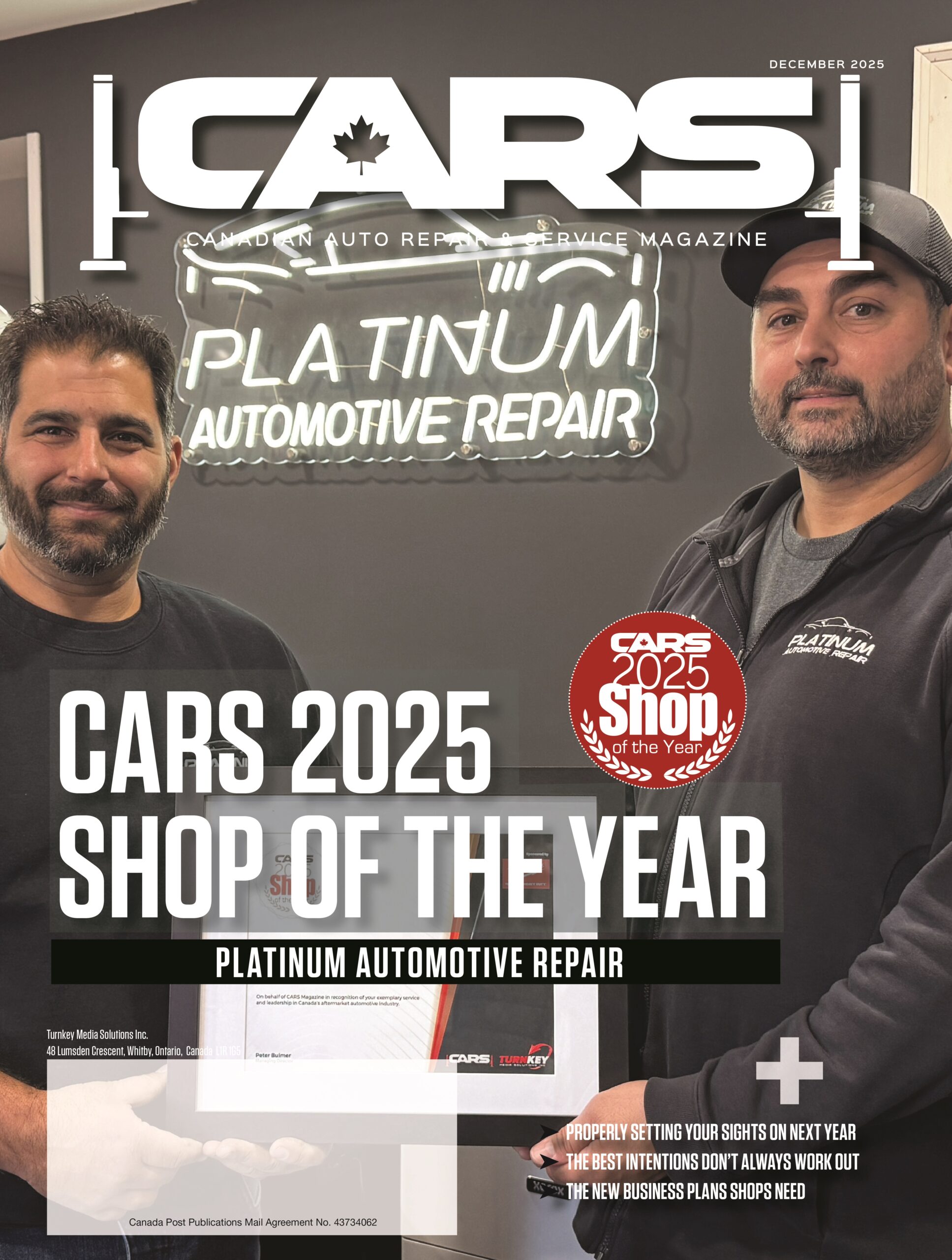

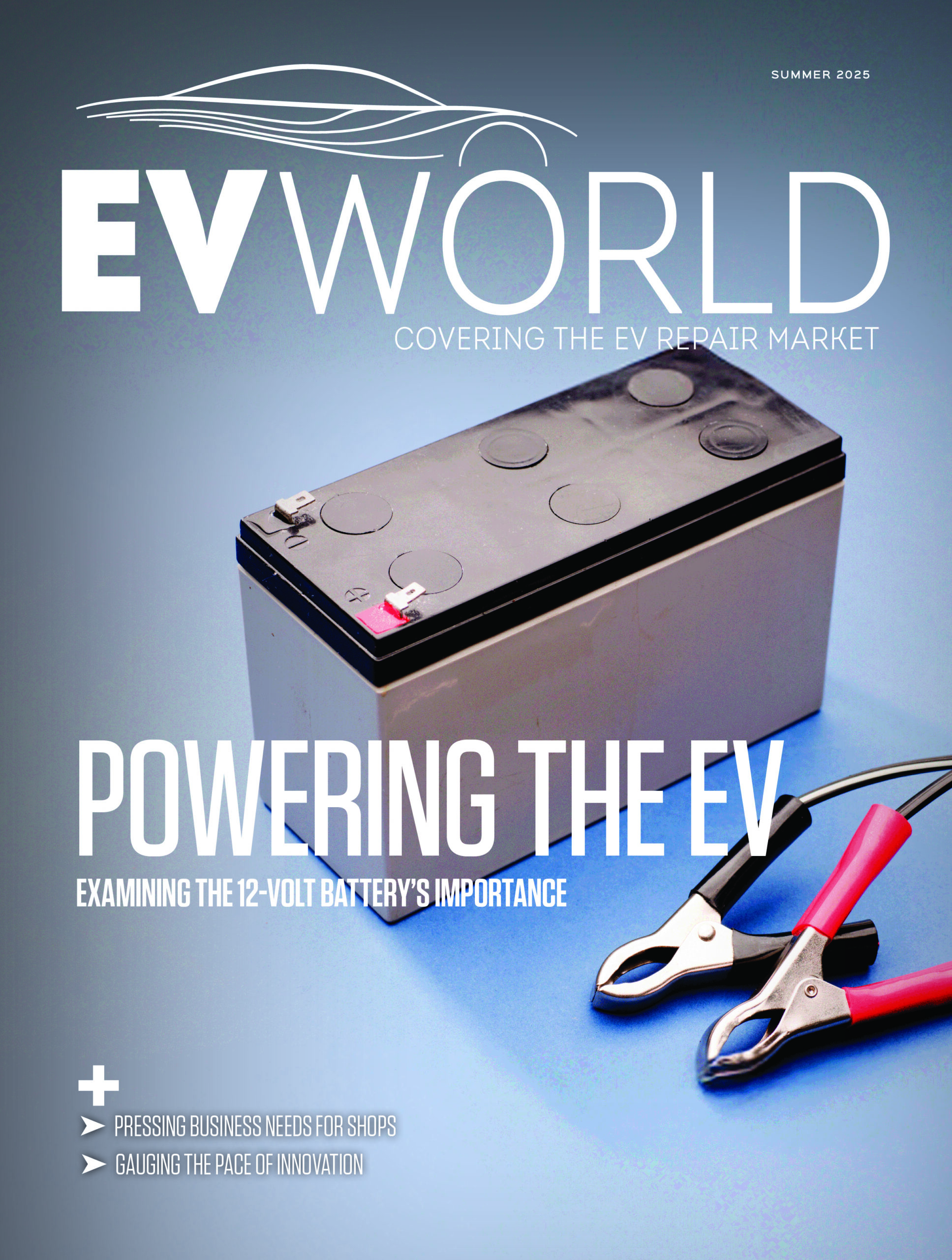

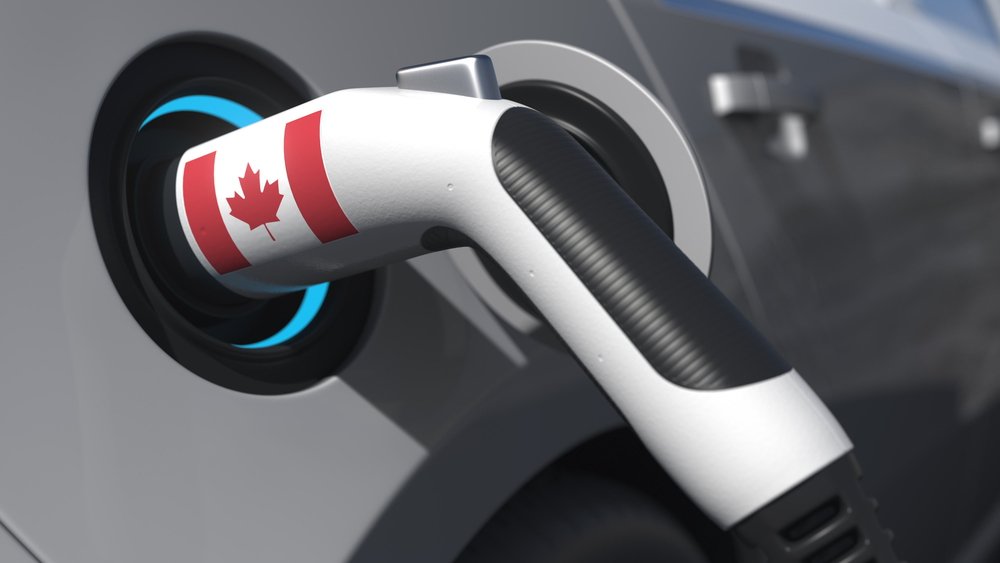

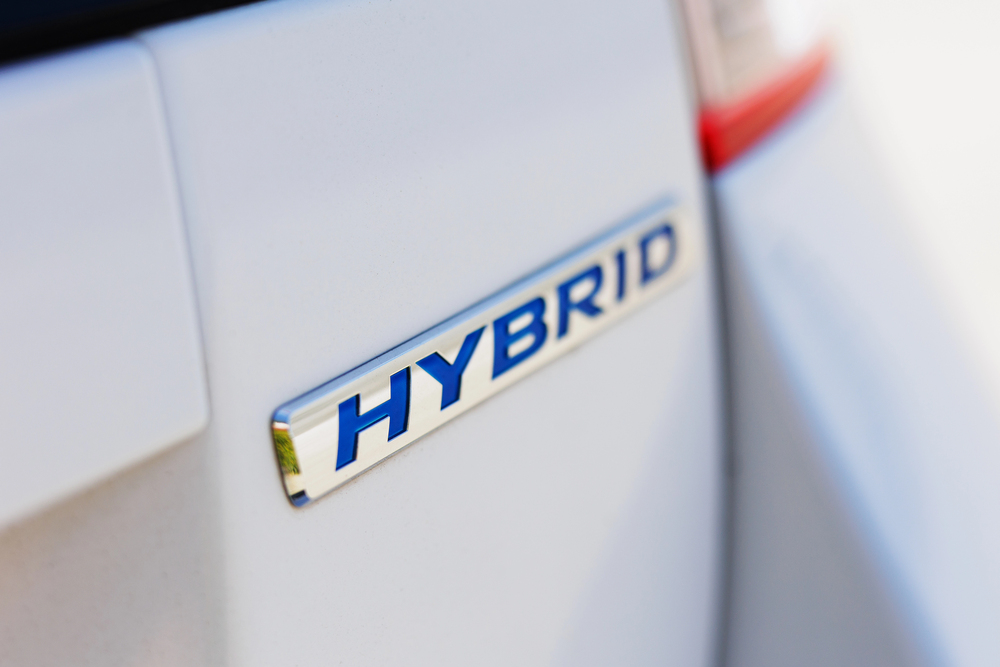

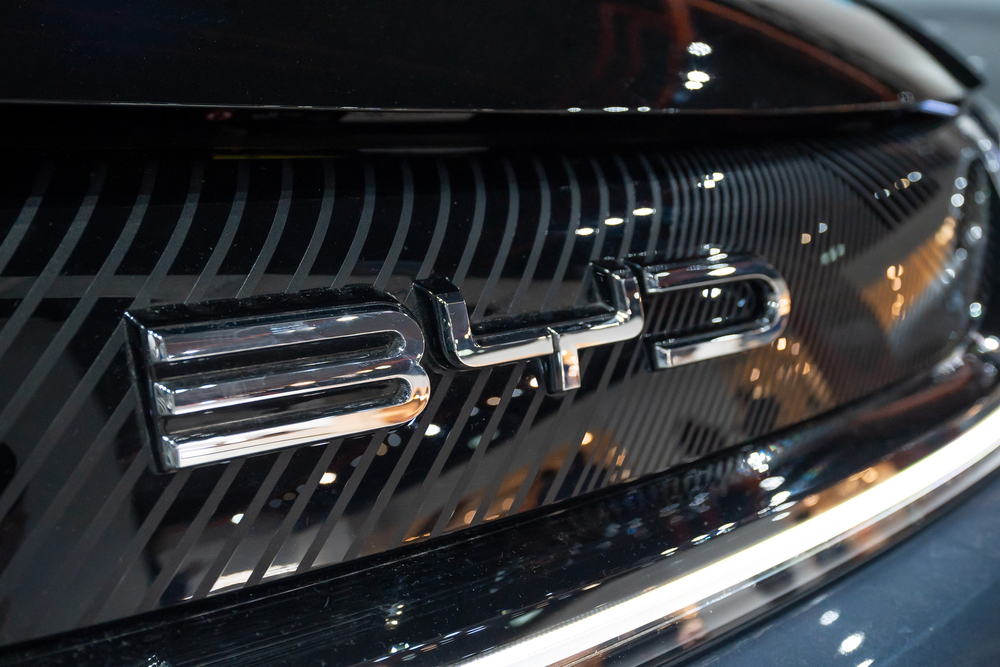
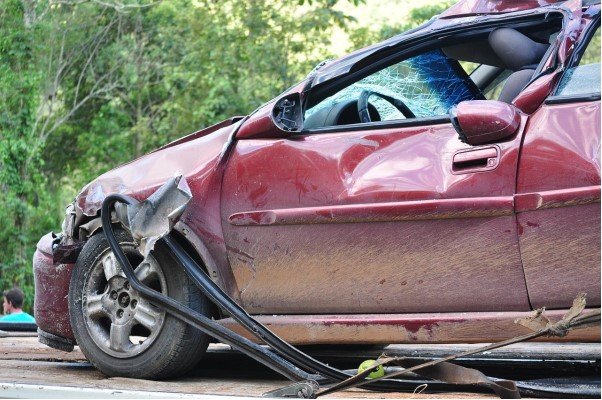
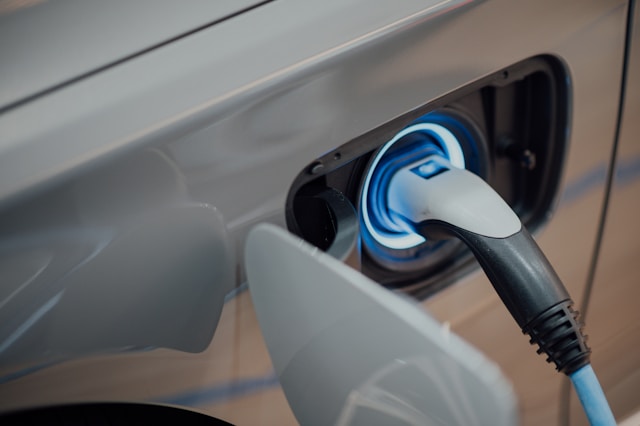

Leave a Reply